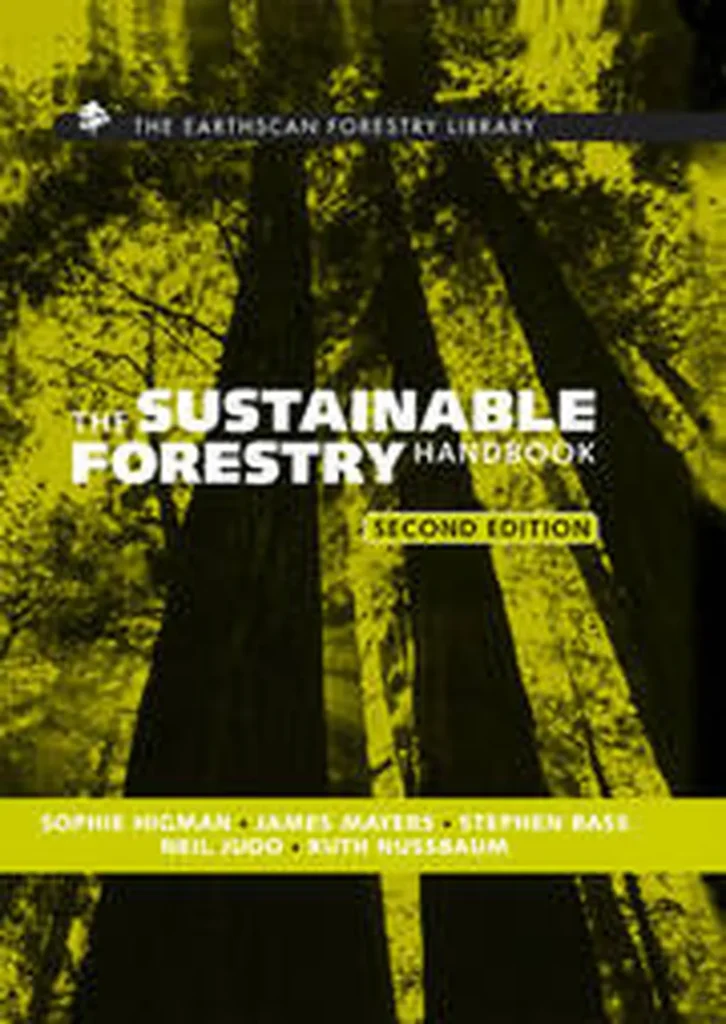In the heart of academic research, a comprehensive bibliographic essay has emerged, shedding light on the critical areas of sustainable agriculture and sustainable forestry. Authored by Caroline D. Harnly, this meticulously curated collection of 100 relevant books aims to guide academic and research libraries in building robust collections on these pressing environmental issues. The essay, published in ‘Issues in Science and Technology Librarianship’ (which translates to ‘Problems of Science and Technology Librarianship’ in English), offers a beacon for professionals seeking to navigate the vast landscape of literature in these fields.
Harnly’s work is not just a list; it’s a carefully crafted guide that divides the books into general works and geographic categories, providing brief discussions to help readers understand the context and relevance of each selection. “This essay is designed to serve as a roadmap for librarians and researchers alike, helping them to identify the most pertinent resources in sustainable agriculture and forestry,” Harnly explains. The inclusion of relevant reference books, journals, electronic databases, research institutes, non-governmental organizations, and programs from the U.S. Department of Agriculture and the U.S. National Agricultural Library further enriches the resource, making it an invaluable tool for those in the field.
The commercial impacts of sustainable agriculture and forestry are profound, particularly for the energy sector. As the world shifts towards renewable energy sources, the demand for sustainable biomass—derived from responsibly managed agricultural and forestry practices—is on the rise. This shift not only reduces greenhouse gas emissions but also creates new economic opportunities. Harnly’s essay highlights the importance of staying informed about the latest research and developments in these areas, which can drive innovation and investment in sustainable energy solutions.
The essay also underscores the role of libraries as hubs of knowledge and innovation. By building comprehensive collections on sustainable agriculture and forestry, libraries can support researchers, policymakers, and industry professionals in their efforts to address environmental challenges. “Libraries are more than just repositories of books; they are dynamic spaces where knowledge is created, shared, and applied,” Harnly notes.
As we look to the future, the insights provided by Harnly’s essay could shape the direction of research and policy in sustainable agriculture and forestry. By fostering a deeper understanding of the available literature, this work encourages collaboration and innovation, paving the way for more sustainable and resilient practices in the energy sector and beyond. In a world grappling with climate change and resource depletion, such guidance is not just useful—it’s essential.

